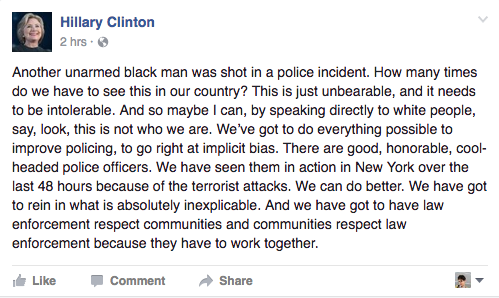This blog is focused on my work as a grad student and adjunct professor of English. For more recent projects, go to clairelaville.net.
public boolean inregion()
One of my favourite contemporary novels to teach is Ellen Ullman’s The Bug. I’ve taught it twice now, at Emory as part of “Inventing Languages” and at TRU as part of “Other Minds: Exploring Nonhuman Consciousness in Literature and Film.” Continue reading “public boolean inregion()”
Go Fund Me
“The concept of personality cannot be saved. In the age of its liquidation, however, something in it should be preserved…”
-Theodor Adorno, “Gloss on Personality”
“Anybody can set up crowdfunding.”
-Alan Shaver, president of Thompson Rivers University, upon being asked whether the university would provide any assistance to a sessional instructor undergoing breast cancer treatment
A few weeks ago, a psychology professor learned that the Social Sciences and Humanities Research Council of Canada (SSHRC) would not be renewing his funding. I’d rather not name him here, since a large number of his internet fans are right-wing trolls, so I’ll call him Dr. Frink. (Mwa-hey-hey.) For most academics, this funding cut would be disappointing but not newsworthy; about 75% of grant applications are declined. But Dr. Frink is crying conspiracy. The National Post, which has already given Frink far too much publicity for his uninformed assertions about Canada’s speech laws, has made him into a martyr of sorts. This after years of mocking junior scholars who did receive SSHRC funding. Continue reading “Go Fund Me”
More on instantaneity
This Tumblr post by appetitusinvictus takes on the “heat of the moment”-style explanations for police violence, which may be legitimated (I argued in my last post) by IAT training.

I’m currently trying to figure out if there’s any connection between implicit cognition as a paradigm for thinking about racism, on the one hand, and the (re)emergence of the “implicit” and “instantaneous” within scientific (and moral) discourse about reading on the other.
This update comes in the wake of two more shootings of unarmed African Americans: Terence Crutcher, standing outside his stalled car, and 13-year-old Tyre King.
Here is the Clinton campaign’s response. Observe, once again, the progressivist optimism in “going right at” (and catching, and overcoming?) implicit bias, combined with an anti-rationalist insistence on the “absolutely inexplicable” nature of the killings.

Why “implicit bias” training is not the solution to police violence
Last week, U.S. Attorney General Loretta Lynch announced that some 28,000 federal agents would be required to undergo implict bias training. Lynch’s announcement came during a brief respite between police killings of unarmed Black, Latino, and Indigenous people. But as the week progressed, and the media reported on of the killings of Alton Sterling, Philando Castile, Anthony Nuñez, Raul Saavedra-Vargas, Melissa Ventura, and Pedro Villanueva, implicit bias training re-emerged, albeit quietly, as a talking point. Hillary Clinton referred to it as a “common sense” police reform. And, indeed, where implicit bias programs have been instituted at the local level, they have been greeted with approval on all sides. They are inexpensive, and do not pose any challenge to policing at a structural level. Yet I worry that focusing on unconscious racism is a misrepresentation of the problem and may lead to complacency (which, I suppose, is one meaning of common sense). Continue reading “Why “implicit bias” training is not the solution to police violence”
November 2015

